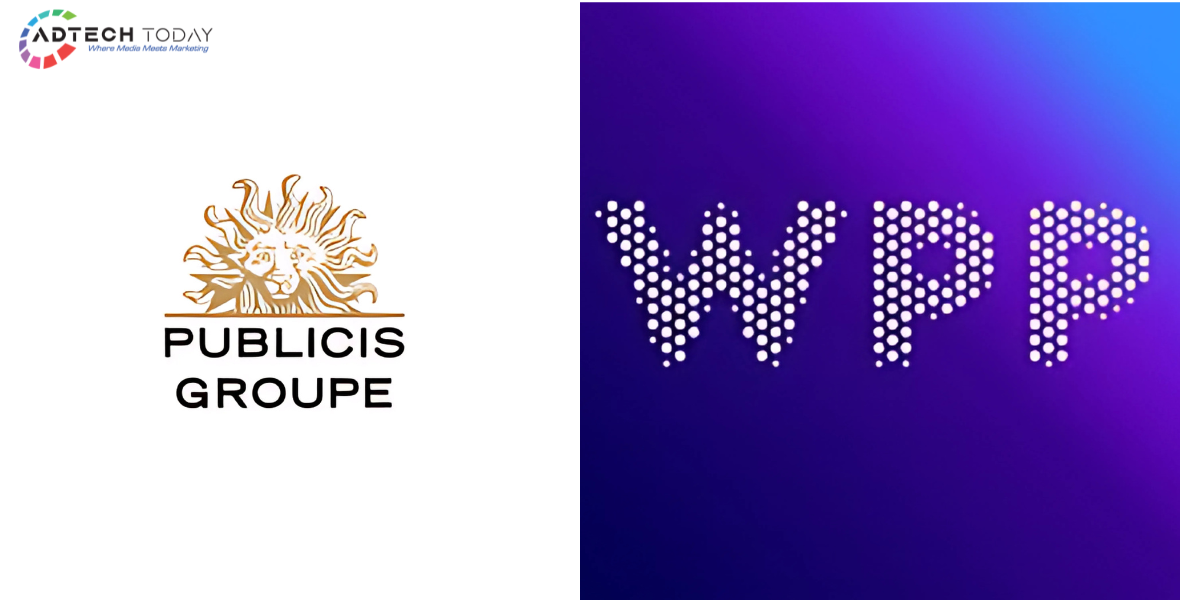

In a striking move that breaks away from industry diplomacy, WPP has openly raised concerns about the quality of digital ad inventory supplied by rival Publicis Groupe’s Epsilon platform. The media giant has flagged what it describes as a troubling influx of low-quality, “made-for-advertising” (MFA) inventory via Epsilon’s Conversant SSP.
These claims surfaced in an internal report from WPP Media, which has since been shared with select clients. The report paints a concerning picture: a significant portion of inventory sourced through Epsilon fails to meet industry benchmarks for visibility and user engagement, with some ad placements generating minimal real attention.
Sources indicate that WPP CEO Mark Read has been quietly cautioning clients about Epsilon for over a year. But with mounting pressure and competition heating up, the company has chosen to go public with its stance.
A programmatic test conducted by WPP on May 19–20 helped fuel this decision. Out of 500,000 ad impressions tracked, 26% came from MFA sites—webpages designed primarily to host ads rather than serve meaningful content. These sites often cram in ads with fast refresh rates, aiming for cheap impressions rather than quality views. Additionally, 25% of the tested inventory came from a retail site within the Publicis-owned CitrusAd network, with a viewability rate of just 2%.
This latest development adds fuel to an already intense rivalry. WPP, facing slowing growth and CEO Mark Read’s planned departure later this year, is under pressure to maintain its position as a global leader. Meanwhile, Publicis continues to pick up major wins, including Coca-Cola’s North America media business—previously with WPP—and is now in the running for Mars’ global mandate.
As advertisers demand cleaner supply paths and better returns on their media investments, this clash puts a spotlight on the quality and transparency of programmatic advertising. And with agency giants like WPP and Publicis at the heart of it, the industry is watching closely.